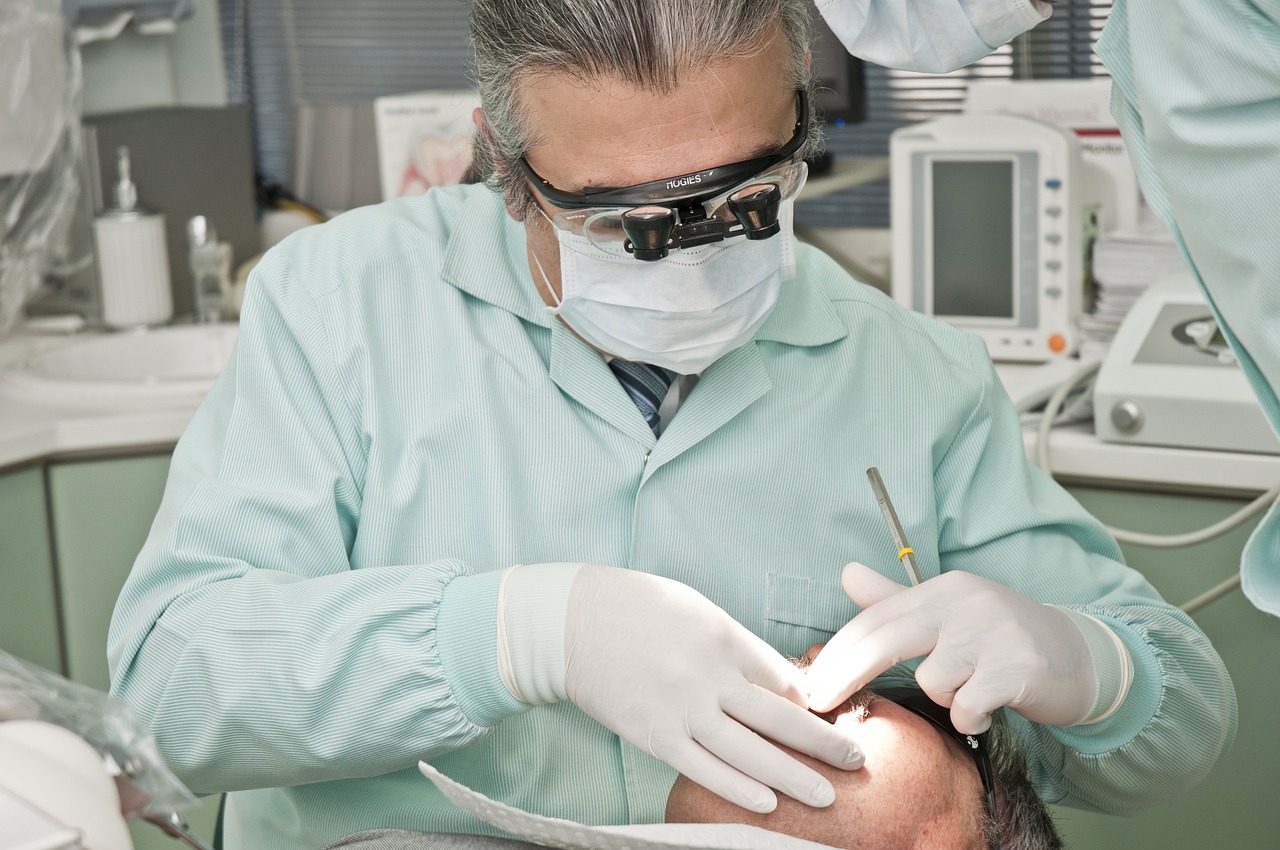How Root Canals Are Performed
Everything You Need to Know About This Common Dental Procedure
If you need a root canal, you’re in good company. In fact, a root canal is a standard procedure for preserving infected teeth, and American endodontists perform more than 15 million per year.
But don’t fear – you may not need to find a new medical provider to perform the procedure. In fact, many family dentists or cosmetic dentistry specialists are qualified to perform root canals. You can work with a dentist you trust and help preserve your natural teeth despite deep infection at the root of your damaged tooth.
When Is a Root Canal Necessary?
Root canals are necessary when your tooth is infected or has pulpal nerve damage. These problems can occur when your tooth is cracked or when you have a large cavity.
Bacteria enters the pulp inside your tooth and can lead to an infection. Without a root canal, you could lose your tooth, damage your jaw bone, or become very ill.
If you’re experiencing any of these symptoms, you should make an appointment with your dentist, who can determine next steps for treatment – one of which may be a root canal.
- Toothaches that don’t stop, especially if the pain is deep in your jaw.
- Sensitivity to hot or cold drinks or foods.
- Swollen jaw or gums, which may indicate an infection. Some people may develop what looks like a pimple on their gums as a result of pus building up in and around the tooth.
- Pain with pressure on your tooth or the surrounding gums, like when you chew.
- A damaged tooth that is chipped, cracked, or loose.
- Tooth discoloration, as an infection can make your tooth a darker shade due to decreased blood supply.
What Is a Root Canal?
A root canal is a dental treatment that prevents bacterial development in your infected tooth. The procedure can even save your tooth and reduce your risk of needing an extraction or further dental care.
During a root canal, your dentist removes infection, and then cleans the inside of your affected tooth. Your dentist fills and seals the remaining cavity to help keep your tooth as healthy as possible.
What Happens During a Root Canal?
A root canal is a multi-step dental treatment performed in your dentist’s office. Root canals are not painful procedures because your dentist will anesthetize the tooth and surrounding gums using local anesthesia. You may experience sensations of pressure or vibrations, but the process should not be painful. Your dentist may also offer IV sedation, so you sleep through the procedure.
Once anesthetization is complete, your dentist will:
- Isolate your tooth using a dental dam, a soft barrier that will prevent infection from spreading.
- Make a small opening in the crown of your tooth to access the pulp.
- Remove the infected pulp, which is made up of nerves, blood vessels, and other tissue.
- Clean, disinfect, and shape the canals around the root of your tooth.
- Fill the empty canals with a material called gutta-percha, which feels flexible and rubbery.
- Apply a dental filling to seal the tooth
Many times, the dental filling used in the final step will need to be covered with a dental crown, which is custom made to look exactly like your tooth in its original, healthy state. Your crown will be ready for installation in a few weeks after your root canal, if needed.
What Is Root Canal Recovery Like?
If you received IV sedation for your root canal, you will need a trusted friend or family member to drive you home and monitor you.
After your root canal, you may notice some sensitivity for a few days, but you should not feel any severe or throbbing pain. If you do, contact your dentist right away. In just a couple of weeks, you won’t notice any sensitivity or soreness.
Wait to eat after your root canal until any oral numbness wears off. Choose soft foods for the first couple of days; you can add solid foods back into your diet as you feel comfortable. Foods like mashed potatoes, yogurt, and pasta are ideal after a root canal. Be sure that you avoid biting down or chewing on the side of your mouth that received the root canal, especially until your permanent crown is in place.
Contact Your Dentist If You Suspect You Need a Root Canal
The only way an infected tooth can be diagnosed and treated is if you visit your dentist in person for an exam. If you suspect you may need a root canal, contact your dentist right away.
